By Andrew Cohen
Record-setting excellence for coveted public interest fellowships and our first-year class. Starring roles for faculty and research teams tapped to drive national policy reforms. Innovative programs that fill key gaps and provide valuable benefits to students, business leaders, survivors of sexual violence, lawyers in oversight positions, and many others.
While there’s no way to fully describe Berkeley Law’s far-reaching work over the past year, we’re happy to illustrate the innovation and impact that work has entailed. Here are a dozen Berkeley Law stories from 2023 — out of nearly 100 posted on our homepage this year — that showcase how the school is making a meaningful difference in myriad ways.
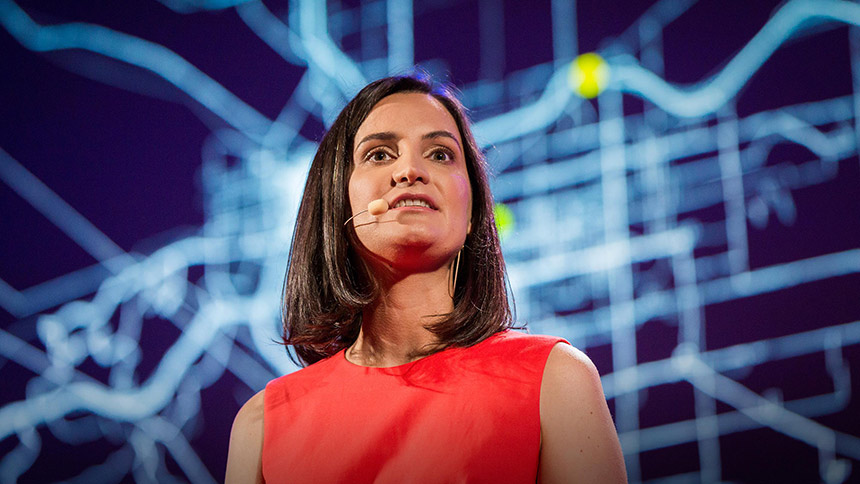
Two Professors Start Tech-Related White House Appointments to Help Shape U.S. Policy
Our professors have long elevated Berkeley Law’s standing at the intersection of law and technology. In 2023, the White House tapped two of them for high-level roles to guide federal policy improvements. Catherine Crump, director of our Samuelson Law, Technology & Public Policy Clinic, was named senior policy advisor for criminal justice for the White House Domestic Policy Council and Assistant Professor Rebecca Wexler was named senior policy advisor for science and justice at the White House Office of Science and Technology Policy. Both are faculty co-directors of our Berkeley Center for Law & Technology.

Pathbreaking Groundwater Research by Center for Law, Energy & the Environment Team Goes National
Throughout its wide-ranging policy work, our Center for Law, Energy & the Environment (CLEE) brings people together to advance innovative solutions. A center-led team helmed by CLEE Wheeler Water Institute Director Michael Kiparsky, which has spearheaded water policy changes at the state and local level, is now seeing its work go national. The U.S. Environmental Protection Agency provided a $2 million grant to assist efforts to recharge aquifers and improve groundwater sustainability, enabling the team to leverage its knowledge, expertise, and partnerships to implement groundwater recharge projects in other areas.
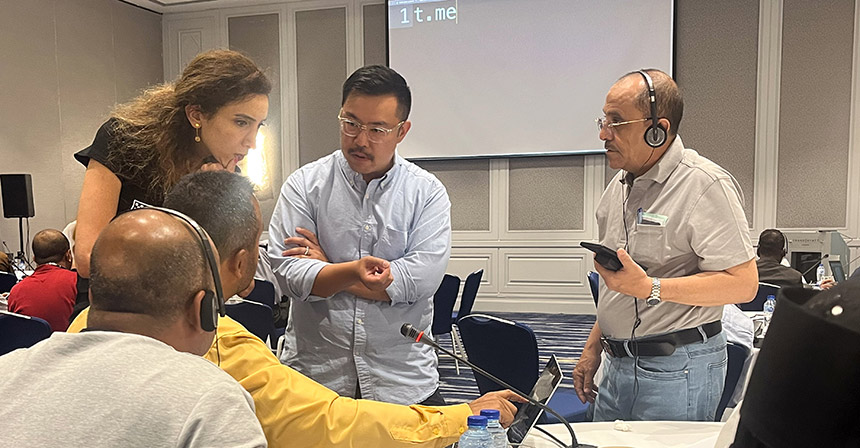
Human Rights Center Helps Train Investigators Pursuing Justice for Wartime Atrocities
Our Human Rights Center conducts free training programs worldwide on digital open source investigations of international criminal and humanitarian violations, including five-day sessions in Jordan for a 49-member delegation from Yemen and in Tunisia for 20 investigators from Libya. Working from the Berkeley Protocol on Digital Open Source Investigations it developed — increasingly used in countries with egregious human rights violations and translated into six languages — center staff teach how to verify the authenticity of online photos, videos, and other data to produce admissible evidence.
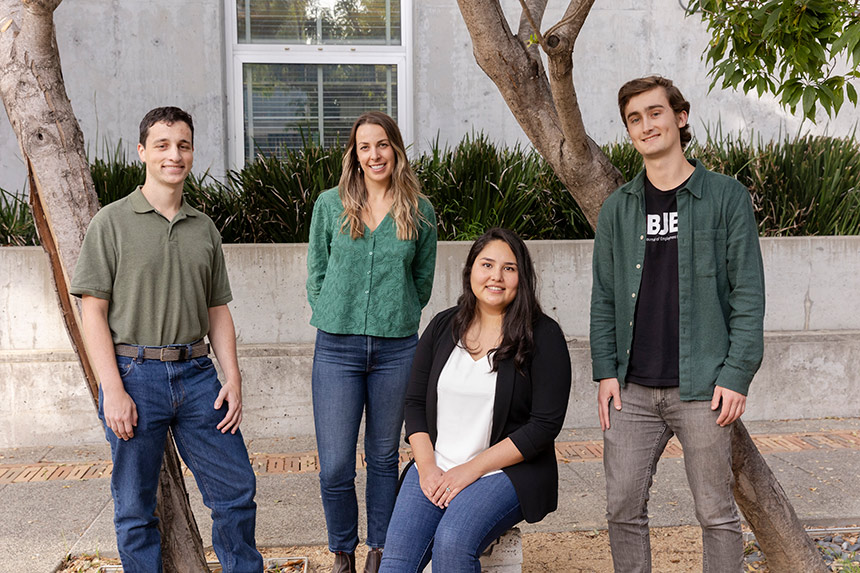
Student-Run Journals Build Community — and Earn High Marks in New Law Review Rankings
A dozen of Berkeley Law’s student-run journals were rated among the nation’s best in a new set of quadrennial national rankings — with eight in the top 10 of their respective fields. Covering 2018 to 2022, the rankings are based on the number of citations for articles in each journal, reflecting their wide influence in legal academia and the judicial system. Our Berkeley Journal of Employment and Labor Law stayed No. 1 in its category, the Berkeley Technology Law Journal and Ecology Law Quarterly are No. 2 in their fields, and the flagship California Law Review rose four spots to No. 5 in the overall category.
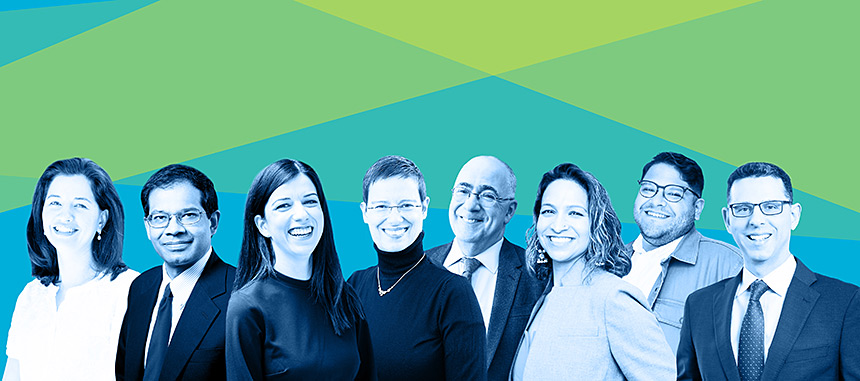
Sterling Scholars: Exceptional New Professors Further Bolster Our World-Class Faculty
Berkeley Law welcomed a whopping nine new professors this year, eight of whom began on July 1. It continues a remarkable hiring run under Dean Erwin Chemerinsky, who has brought in 35 professors since he started as dean in 2017. Senior scholars Hanoch Dagan, Dhammika Dharmapala, Ofer Eldar, Veronica Aoki Santarosa, Ayelet Shachar, and Colleen Chien (profiled after she joined the faculty in November) have decades of research and teaching experience among them. José Argueta Funes, Elena Chachko, and Diana Reddy are in their first faculty jobs and also come to the school with impressive backgrounds.
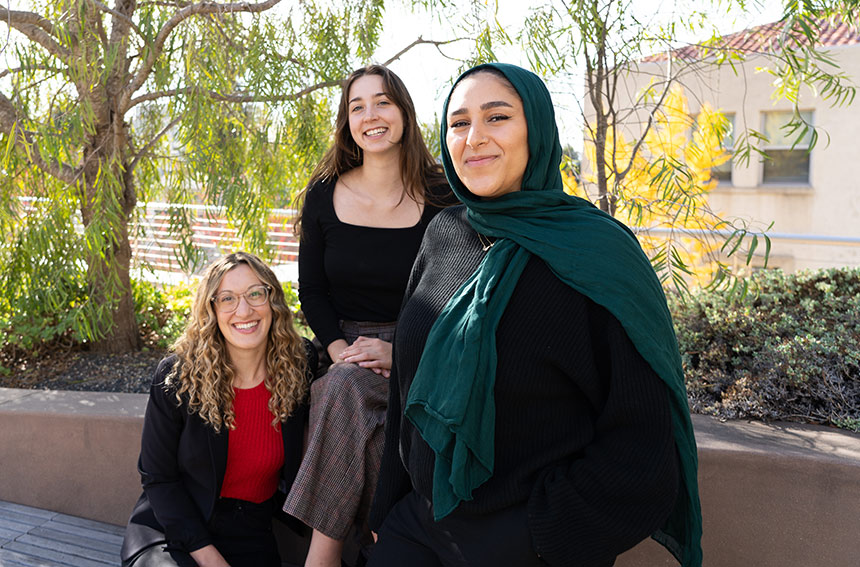
Public Interest Peak: Three Members of the Class of 2024 Awarded Coveted Skadden Fellowships
3Ls Mariam Elbakr, Sophia Fenn, and Mia Stange are among 28 law students and recent law school graduates chosen for the Skadden Fellowship, a prestigious two-year program with the cachet of a Supreme Court clerkship or Rhodes Scholarship in public interest legal work. Berkeley Law had the second-most fellows in this year’s class, behind only Yale Law School. It followed seven Berkeley Law Class of 2023 members landing coveted Equal Justice Works fellowships — a school record. Many other alums work in the public interest sector, from public defenders’ offices and legal aid to government and the military.
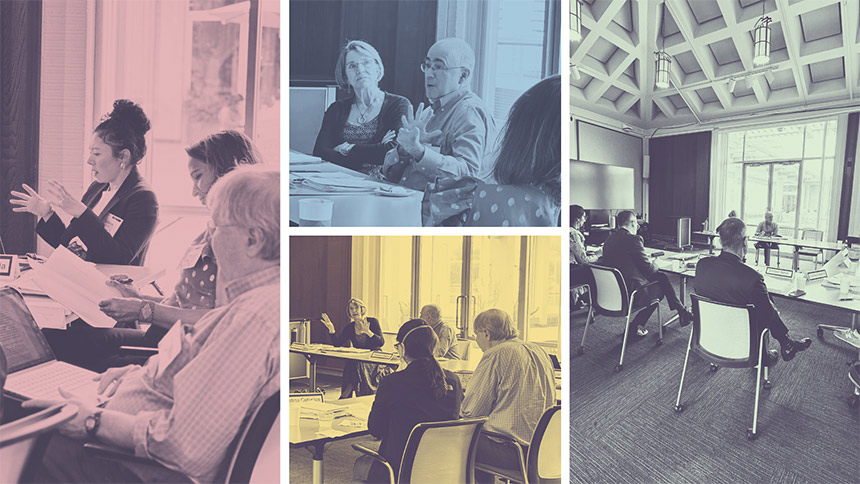
‘The Leading Light’: Professor Hanoch Dagan Launches Berkeley Center for Private Law Theory
Professor Hanoch Dagan knows that even in the legal academy, private law hasn’t become public knowledge despite the fact that its core concepts — property, contracts, torts — form the legal building blocks of daily life. Eager to change that, he launched the Berkeley Center for Private Law Theory. The author of seven books and over 120 scholarly articles, Dagan directed three centers over nearly three decades at Tel Aviv University, and brings valuable substantive and administrative experience to this new role. His work is credited with rejuvenating restitution law and pioneering a new style of legal realism.
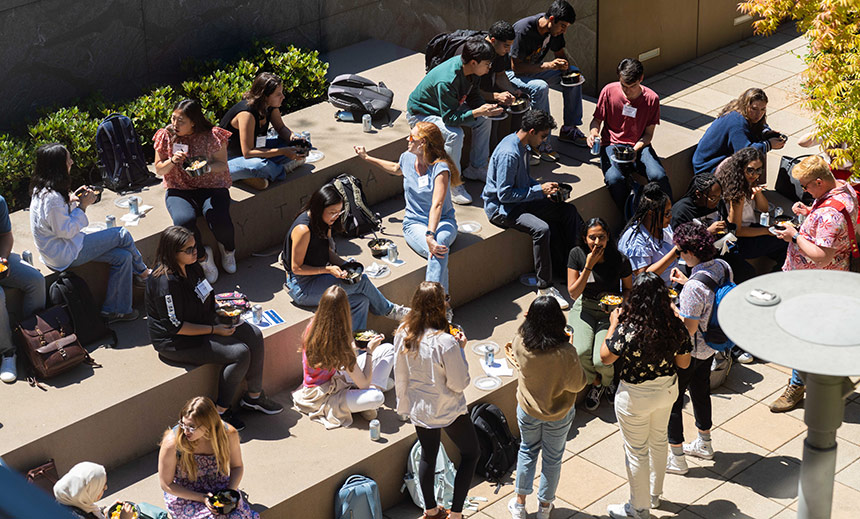
‘A Strong Sense of Belonging’: New J.D. Students Bring Rich Mix of Backgrounds, Skills to Class
Berkeley Law’s 1L class impressed well before setting foot on campus: Its 170 median LSAT score is the highest since the school began keeping such records, a 3.87 median GPA also dazzled, and the class’ diversity shines through as well: 62% are women, 57% are students of color, 29% are first-generation professional school students, and about a quarter identify as LGBTQIA+. The class comes from 129 undergraduate schools, 42 states, and eight countries, with graduates of all five U.S. military academies and six members of federally recognized Native American, American Indian, and Alaska Native tribal nations.
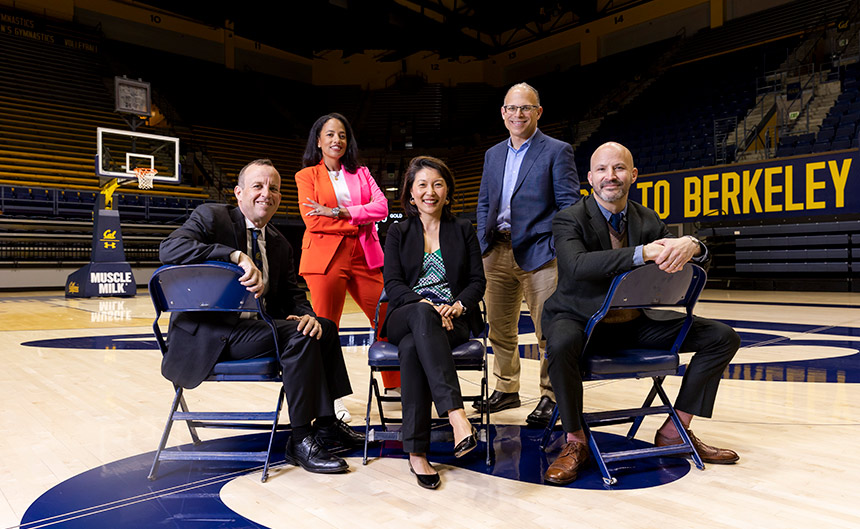
Slam Dunk: Berkeley Law Executive Education to Launch New Coaching Program
Known for pragmatic initiatives that help lawyers and business leaders get a leg up, our Executive Education program is adding one-on-one coaching to its professional development offerings. “As professionals become more senior … work becomes less about legal expertise and more about leadership,” says Assistant Dean for Executive Education and Revenue Generation Adam Sterling ’13. Irene Liu ’06, Shana Simmons ’09, Mark Kahn ’00, and Ross Weiner, who have all been chief legal officer or general counsel, form the initial coaching roster with Sterling, a former startup director and venture capital lawyer.
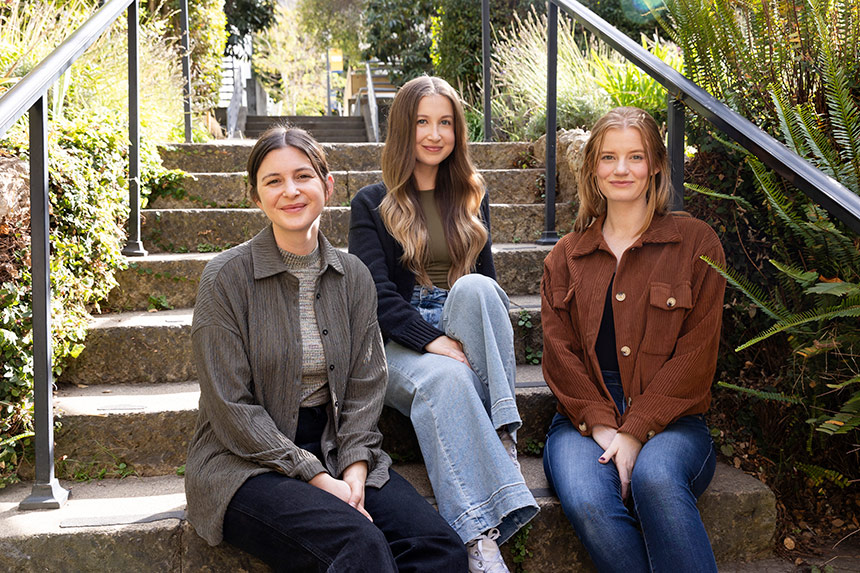
Survivor Advocacy Project Takes Innovative Paths to Combat Sexual Harassment and Violence
National Pro Bono Week offered an optimal time to highlight Berkeley Law’s Survivor Advocacy Project. Over 90% of the school’s students engage in pro bono work before graduating, and their innovation and diligence are exemplified by the project’s 2L co-directors Sarah Zweig, Rachel Gaines, and Sarah O’Farrell. Striving to prevent and combat sexual harassment and violence, they lead two initiatives aimed at empowering and supporting survivors through novel litigation and legislation strategies within the Civil Rights Act’s school-based anti-discrimination protections in Title IX and employment-based protections in Title VII.

As Crypto Questions Persist, a Berkeley Law Research Center Looks to Lead Conversations
Our Berkeley Center for Law and Business clearly tapped into a need with its virtual conference on the turbulent cryptocurrency industry following the collapse of the FTX crypto exchange. Over 1,000 people registered to watch the three-hour event live, and many more saw it on demand as experts discussed how — or even whether — the industry should be regulated by the same authorities that govern other financial products and markets. Law, business, and computer science leaders tackled topics such as market structure, stablecoins, and token disclosure, providing much-needed reasoned discourse on crypto’s future.
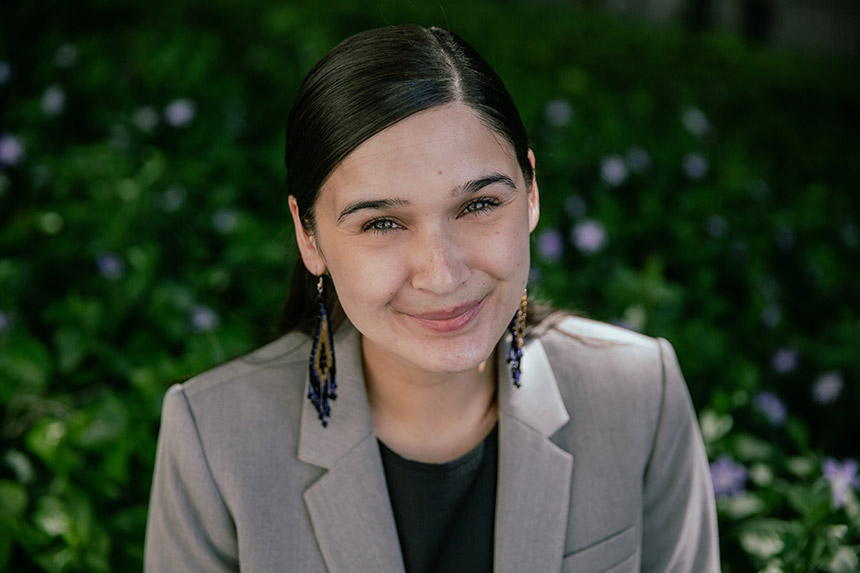
3L Gabrielle Cirelli Finds Challenges, Rewards, in Helping Rewrite Her Tribe’s Constitution
For 3L Gabrielle, giving back is second nature. She has volunteered at food banks and soup kitchens since middle school, and assumed multiple leadership roles at Berkeley Law in the public interest arena. Cirelli is the co-chair of Berkeley’s Berkeley’s Native American Law Students Association chapter, and also advances tribal causes by helping to rewrite the constitution of her tribe, the Habematolel Pomo of Upper Lake, California. The youngest of the tribe’s five Constitutional Review Committee members and its only law student, Cirelli describes what that work entails and why it has been so gratifying.
All homepage articles from the past year are available on Berkeley Law’s 2023 news archive page.